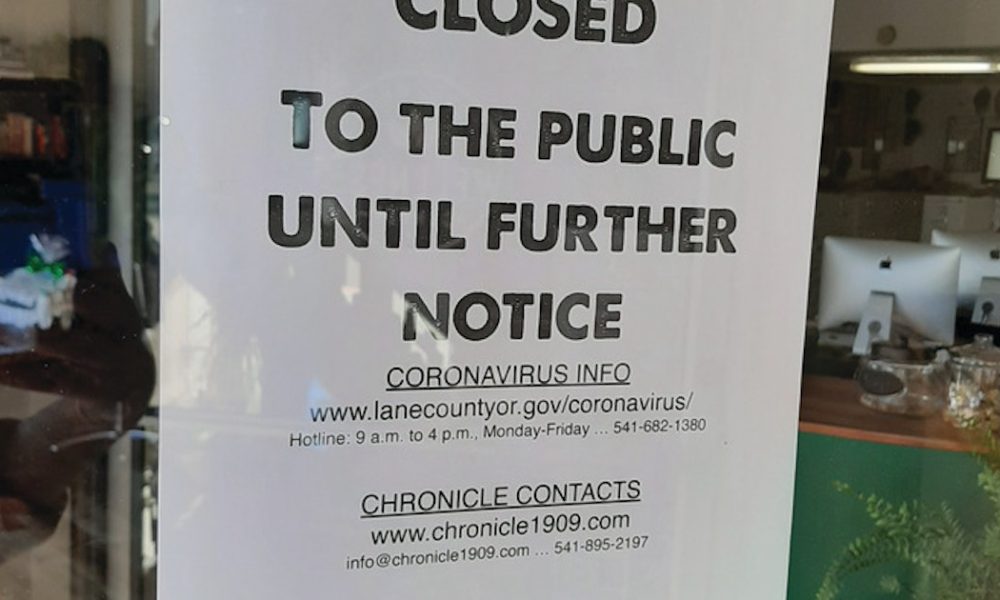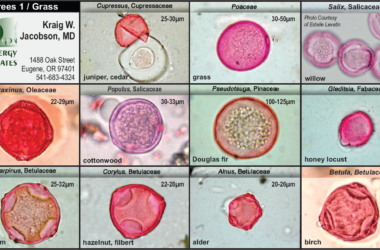 The Chronicle closed its offices to the public last week for the safety of customers.
The Chronicle closed its offices to the public last week for the safety of customers.
It can be comforting in Times Like These to look at history, and consider how previous generations of humans handled turmoil and tumult in their lives. Perhaps there is a nugget or pearl of wisdom to help us cope.
You don’t have to spend much time online to see all of the shared quotes, sayings and axioms – prescient, calming, worldly and other-worldly. CS Lewis, putting the atomic age in context for the ages in 1947. Smart then, smart today.
John Wooden’s ”Be quick, but don’t hurry” seems especially appropriate in the midst of a pandemic. We have to move with decisiveness and urgency. We don’t have to make foolish choices in a chaotic environment. Keep your cool amidst the storm.
Another popular quote shared on social media is Dr. Richard Leavitt’s comment: ”Everything we do before a pandemic will seem alarmist. Everything we do after will seem inadequate.”
Whether you’re a big-city bully or small-town ”rugged individualist,” it can be difficult to ”fall in” behind government direction.
Yet we all never hesitate to support neighbors during a crisis.
And make no mistake: The most informed people and subject-matter experts in the world tell us we are in a crisis.
Part of the problem now is that the virus is not quite tangible. Right now, in our community, it’s almost invisible. And yet, the damage is here and surely will become visible in a matter of days. As of this writing, we’re told the peak is still 45 days out.
But it’s already here. The hurricane has hit. The tornado has touched down. Flooding has destroyed homes. Raging wildfires are threatening our lives. The tsunami is en route.
There is nowhere to really go yet, no one to really rescue, nothing to do – but hide in our homes?
Yes. That is what’s safe and smart.
I come from an upbringing that, like many other people, can best be described as a bit dysfunctional. Self-distancing? Heck, we’ve been self-isolating in our family for years.
A notable exception is an older brother, Dennis. Our friendship has matured and blossomed over the 30 years he’s lived in Denmark, and our families are fully intermingled. Our kids are about the same ages. We’ve visited them in Denmark; they’ve visited us in Florida, Alabama, Texas and Connecticut.
Dennis moved to Denmark, took an entry-level job in a fish factory, learned the language, learned the culture, and started his own commercial-cleaning company. Just over a decade ago, at age 50, he picked up golf and today is a scratch golfer, recently finishing first in a club championship.
We touched base the other day; I wondered how his cleaning business was holding up under Denmark’s declaration of ”shutting down” the entire country for two weeks.
He replied, via text: ”We have a saying in Denmark: ‘1 mans’ død, er en anden mands’ brød.’ Basically, a person dying puts food on someone else’s plate, like the mortician, florist, a competitor …”
True enough.
And, he said, there is another Danish saying: ”Nothing is so bad that it isn’t good for something!”
Perhaps a decrease in travel means less pollution and less stress on our environment, and that would be good. Perhaps a slowing down of our way-over-paced lifestyles will be a good thing. Working in the garden, alone with one’s thoughts. A chance to step outside the daily whirlwind, and engage with family.
A great, big opportunity to help others.
We’ll emerge from this, hopefully better for the experience.
Selfishly hoarding supplies and price-gouging friends and neighbors are short-term actions that people will live with for the rest of their lives. That behavior is not the best version of ourselves.
Enlightened self-interest alone should dictate a communal bond of support and aid for each other.
There is evidence of goodness and kind-heartedness all over the place, too, in these early days. Our pages in The Chronicle this week are filled with them.
We’ve endeavored to make sure our newspaper, online and social publishing efforts reflect the seriousness of the pandemic without sensationalism or hype.
This is a time for practical, pragmatic behavior and thoughtful, decisive action. Panic – or indifference at the other end of the spectrum – are equally dangerous.
Noel Nash is publisher of The Chronicle.







